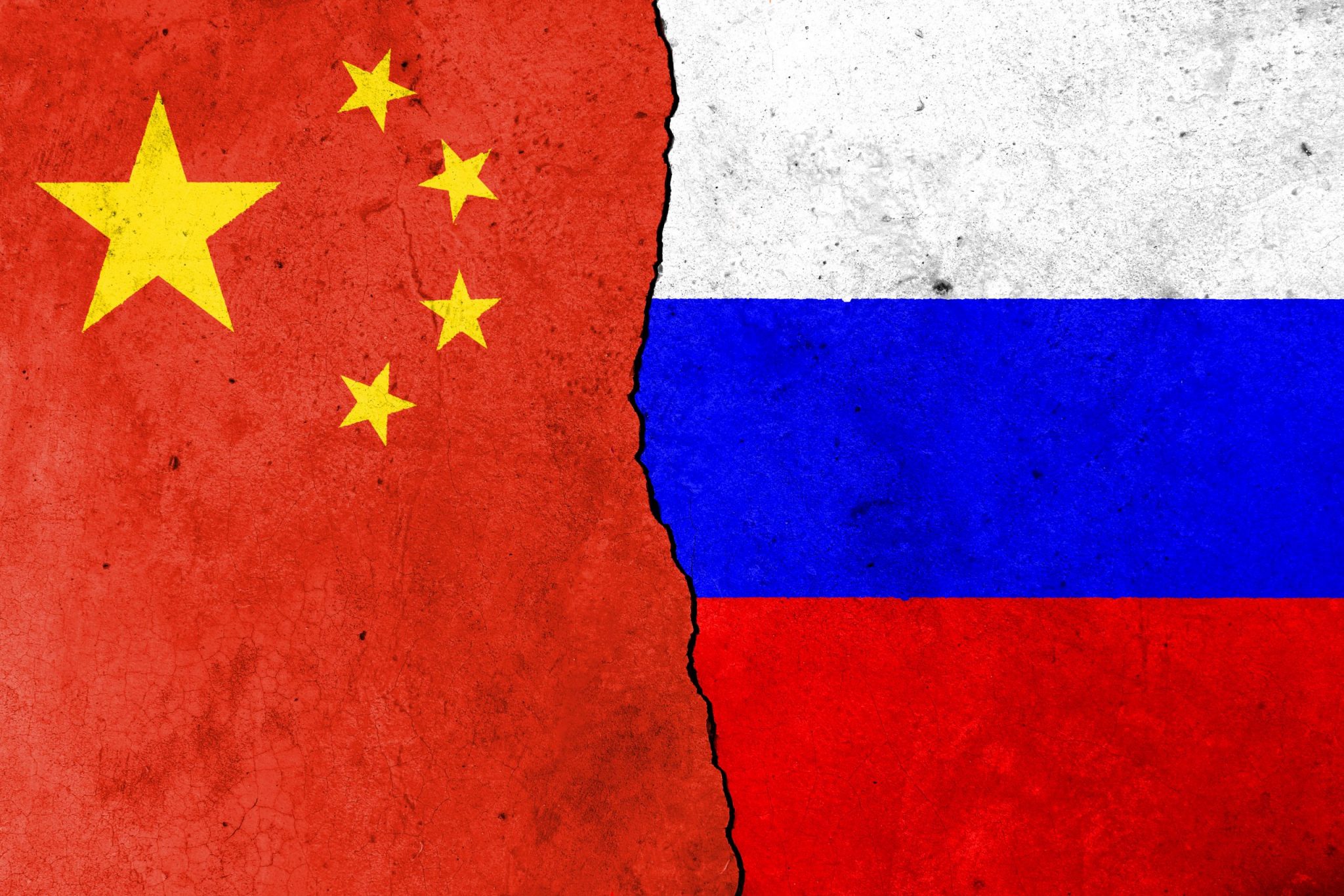In the wake of Russia’s invasion of Ukraine, many international observers are asking whether China will adopt a similar approach to Taiwan. Debates surrounding “Ukraine today, Taiwan tomorrow” are becoming more frequent, with some suggesting that Beijing could mimic Moscow’s behavior. The two
countries have very different strategic circumstances and domestic political structures, but each has reason to learn from the other’s foreign policy successes and failures. To what degree do their coercive strategies overlap or diverge?
It is true that Russia and China share certain near- to medium-term interests and objectives which underpin the emerging similarities between their strategies for influencing foreign countries. Both Vladimir Putin and Xi Jinping seek to establish a world safe for autocracy. To this end, they endeavor to undermine the attractiveness of liberal institutions and governments. Doing so has two advantages. First, it makes liberalism less appealing to democracy and human rights advocates within Russia and China. Second, it creates fissures among liberal governments which makes it more difficult for them to act together to constrain Moscow and Beijing. Thus, Putin and Xi both seek to stifle criticism of their illiberal practices from foreign individuals or governments in order to normalize or justify those practices, and to prevent would-be critics from organizing against them. They also aim to weaken international partnerships and institutions that could be leveraged against their interests.



